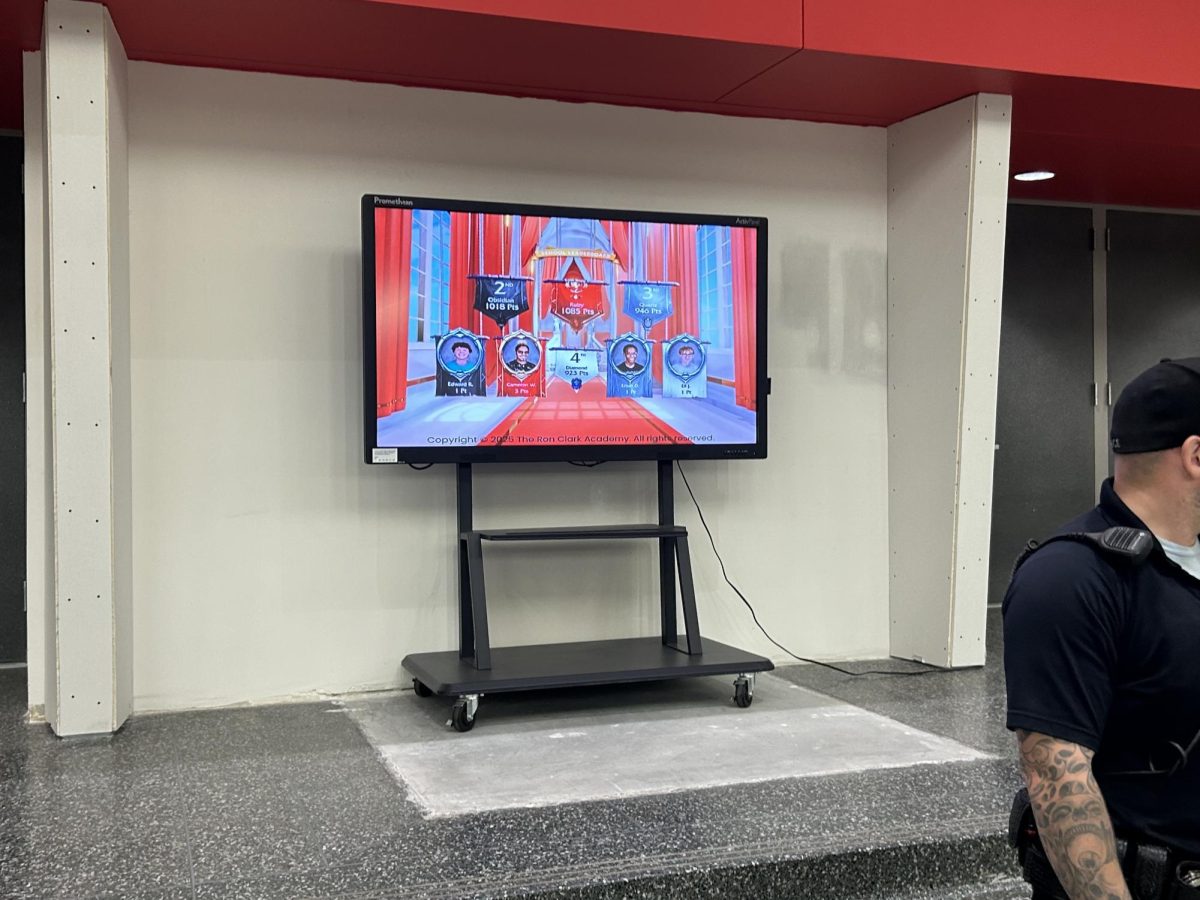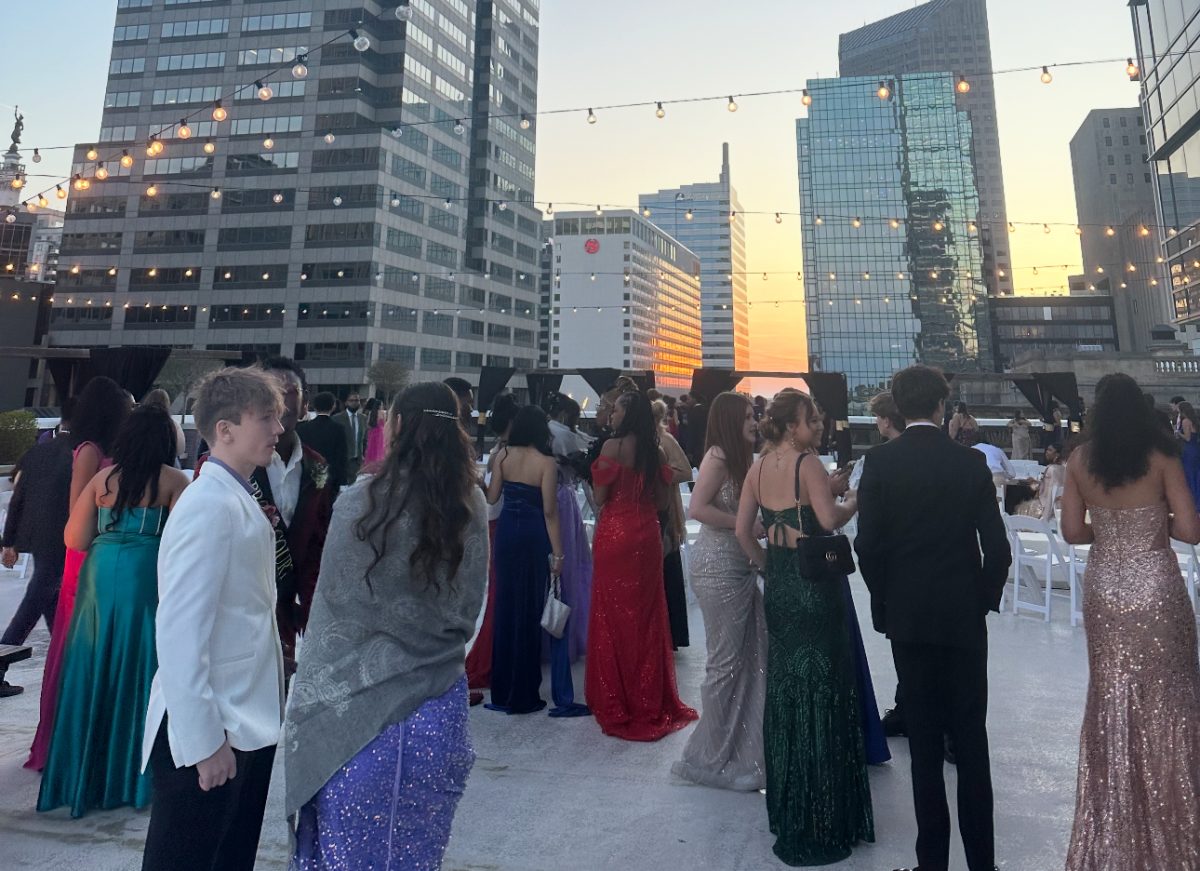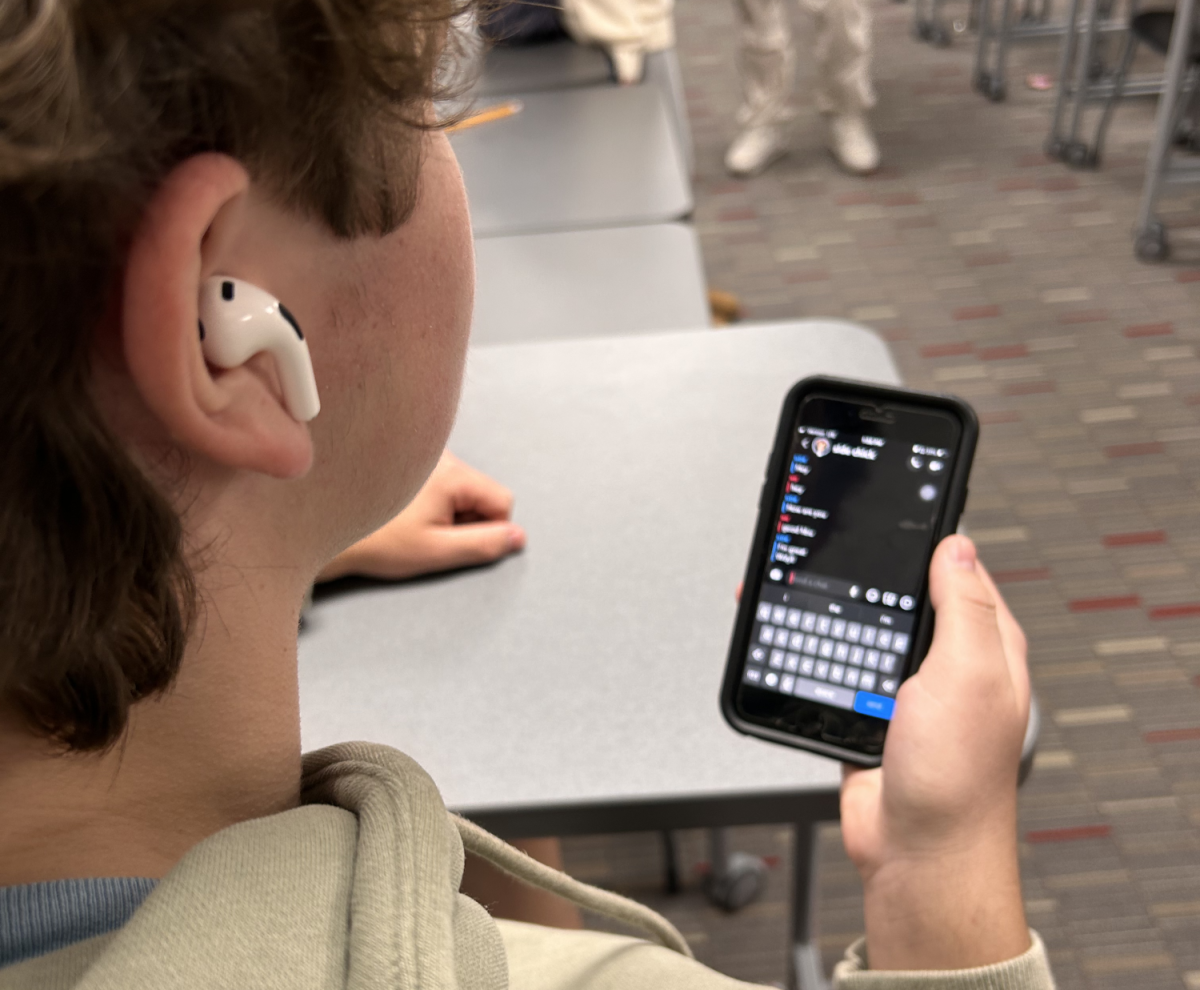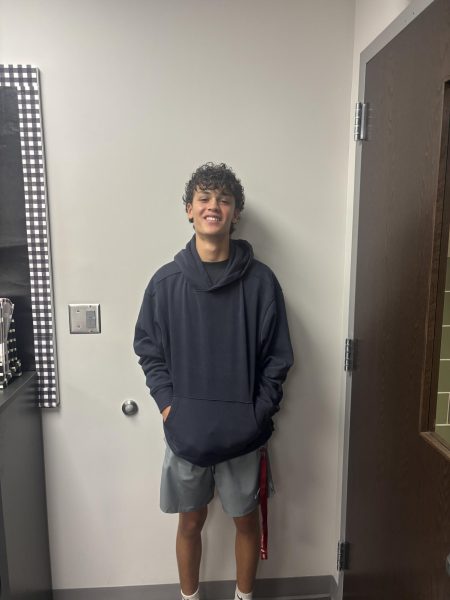This year, North Central High School introduced a new house system, dividing students into four house huddles: Ruby, Obsidian, Quartz and Diamond. The system aims to make the large school feel smaller by mixing students from all grades into smaller groups.
Students meet with their house huddles every Tuesday for team-building activities and social-emotional learning (SEL) lessons.
While the goal is to foster connection, the new system has received mixed reactions from students and staff.
Freshman Charles Allen appreciates the time provided by the house huddles.
“I like the house huddles because it’s like a free period for me, and I can use it to get my schoolwork done,” Allen said.
However, that is not the intended purpose of the program.
Andy Wiggins, a teacher involved with the initiative, emphasized the importance of creating a stronger sense of belonging at North Central.
“We have a school of almost 4,000 people, and if you look at statistics—not just for North Central, but for students all across the nation—one of the major things that people report is that they do not feel as if they have a sense of belonging or connection,” Wiggins said.
Principal Evan Rent introduced the house system as a way to help students feel more connected.
“Mr. Rent felt that if we were to take a school of 4,000 people and then organize it first into houses of about a thousand each, and then go further into our huddles, that we would be able to address those concerns and create much more of a sense of connectivity,” Wiggins said.
The idea was initially met with enthusiasm from most of the staff, though some teachers wanted to learn more before fully committing.
“I sense that 70% of the teachers were just on board immediately and absolutely enthusiastic about it,” Wiggins said.
Spanish teacher Megan Casey sees the program’s potential to strengthen school spirit.
“I think it is a great way to bring the school together and make the big school feel a little smaller,” Casey said. “I certainly think we are getting to a point where students feel motivated to get points.”
Questions remain about the future of the house system, with many students curious about how it will evolve.
“One of the major things that we will do, and that is essential to the success of this, is to get the students more involved,” Wiggins said. “There are going to be multiple opportunities for students to take leadership roles and have their voices be heard about what kinds of events and processes we can employ to achieve our goals.”
Wiggins emphasized that staff engagement is just as important as student involvement.
“So the number one thing there is not only is this sense of belonging important to students, it’s important to teachers as well,” Wiggins said. “As we roll this out and continue to build it, we need to make sure the teachers don’t just feel like this is yet one more thing that the administration has put on their plates.”
Although the house huddles are still new, Allen, Casey and Wiggins expressed optimism about the program’s future.







